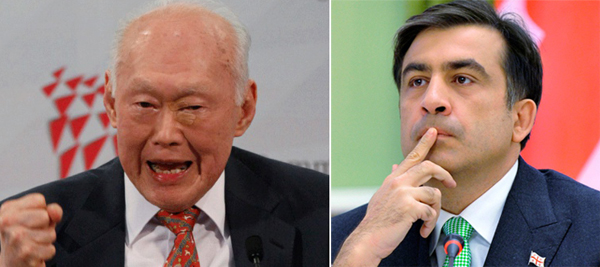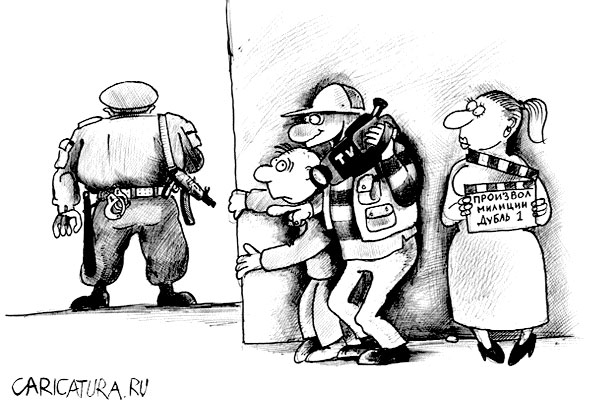The Singapore and Georgia experiences are good examples for us but not models
Often, the examples of Singapore and Georgia are illustrated in Armenia as positive examples to come out of the deadlock, where the leaders Lee Kuan Yew and Saakashvili were able to ensure a breakthrough development of their countries. The examples are truly positive but, in my opinion, these models are not applicable for Armenia.
Let’s start with Singapore, and here, I must use Russian professor Andrei Zubov’s arguments. This model is not applicable for us because … we do not Chinese. The Chinese culture is built on the understanding that there is an absolute perfect reality (a “Dao”) that descends into this world, and the latter is the reflection of this reality. The man with his free will distorts this reality, thus, the freedom is viewed as a negative phenomenon. An ideal behavior, accordingly, is “non-working” and being “natural”. The country’s ruler, therefore, may have the earthly mandate of “Dao” and may not have. Lee Kuan Yew, the Liberal Democratic Party of Japan (which ruled for decades), Taiwan leaders etc., according to the peoples of those countries, had this mandate and were implementing “Dao” rules, and people were obeying the same rules in a disciplined way, remaining in the range of “captivity” of “naturalness” and “non-working” by Western notions. (The Communists in “Red China”, in my opinion, in the beginning, were deviated from these rules but after Deng Xiaoping, they are trying to return to it). All of this, however, is very far away from European and, in particular, the Armenian world perception.
Georgian experience, of course, is closer to us both geographically and psychologically. We can borrow some economic and organizational approaches right at this moment. In fact, Armenian economists Bagratyan and Sandoyan had written some economic projects for Saakashvili which he successfully implemented. However, we cannot fully use the Georgian model completely. This, first of all, requires for the US to be strongly interested, for Armenia to have a new type of leader who would do a revolution and who will differ from the post-Soviet “traditional” elite. There is not such interest. On the contrary, Russia, from time to time, “pinches” our opposition but not for doing a change of regime but to weaken the current authorities and to make them furthermore to be dependent.
Read also
But suppose Saakashvili-type of a leader emerges in Armenia. This person must announce that he refuses the system of government that exists in us over the last 25 years and had not allowed us to establish a normal state. But this system is not only a reflection of the Russian system but also has numerous economic, military, trade and corruption ties with Russia. Without entering into conflict with this country and its fabricated Eurasian Economic Union, this Armenian “Saakashvili” will not be able to change anything substantial. And this, even the slight conflict means a/ serious problems in energy, gas, communication and other areas; b/ persecution and humiliation of our compatriots, citizens of Armenia in Russia (let is recall how they were humiliated us, including the Armenian driver Hrachya Harutyunyan over the state television when it seemed that we were to sign an association agreement with the EU); c/ death threat over Karabakh. The first two are hardships which can be withstood, as for the third one, no Armenian will agree with it for it is dangerous for tens of thousands of our compatriots. The price of reforms of Saakashvili in Georgia was the loss of Abkhazia and Ossetia. It is certainly painful for Georgians but mostly Abkhaz and Ossetians live in these two territories, while Artsakh is an Armenian land where Armenians are living. No one is willing to pay the price of having an Armenians “Saakashvili”.
This is why Lee Kuan Yew and Saakashvili are good examples for us but not models. Those who say that they will dramatically change the country by maintaining the current degree of dependency on Russia, either lie or in delusion. But what is not possible to do quickly and from above is possible to do slowly and from the bottom. I have written about it many times and deserved the criticism of the people who believe that it is possible to make a genius or a hero “sit on the throne” who will solve our problems. Maybe I’m mistaken and indeed, there is such a “superman”, we’ll have to wait and see.
Aram ABRAHAMYAN,
Aravot Daily























































